Life Expectancy of an HVAC System?
friedajune
16 years ago
Featured Answer
Comments (14)
bob_brown
16 years agoRelated Professionals
Alafaya Solar Energy Systems · Selma Solar Energy Systems · Western Springs Solar Energy Systems · Atlanta Home Automation & Home Media · Fayetteville Home Automation & Home Media · Inglewood Home Automation & Home Media · Palo Alto Home Automation & Home Media · Richfield Home Automation & Home Media · St. Louis Home Automation & Home Media · Temecula Home Automation & Home Media · Waltham Home Automation & Home Media · Westminster Home Automation & Home Media · Annandale Home Automation & Home Media · Norton Fireplaces · Chester Fireplacesgaryg
16 years agodavidandkasie
16 years agodon21
16 years agodaddo
16 years agosongoku
14 years agocarlos_dominguez64_tampabay_rr_com
13 years agomike_home
13 years agobigdee
13 years agoneohioheatpump
13 years agobigdee
13 years agoneohioheatpump
13 years agobigdee
13 years ago
Related Stories
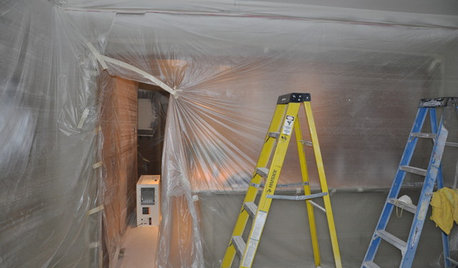
MOST POPULAR11 Things to Expect With Your Remodel
Prepare yourself. Knowing what lies ahead during renovations can save your nerves and smooth the process
Full Story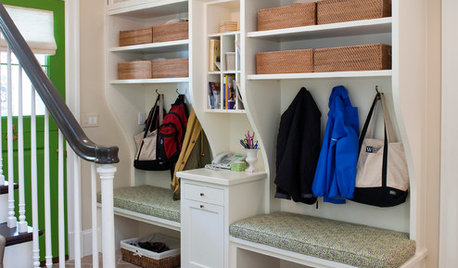
ORGANIZINGWant to Streamline Your Life? Get a System
Reduce stress and free up more time for the things that really matter by establishing specific procedures for everyday tasks
Full Story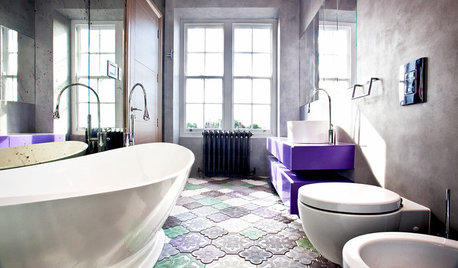
BATHROOM DESIGN14 Bathroom Design Ideas Expected to Be Big in 2015
Award-winning designers reveal the bathroom features they believe will emerge or stay strong in the years ahead
Full Story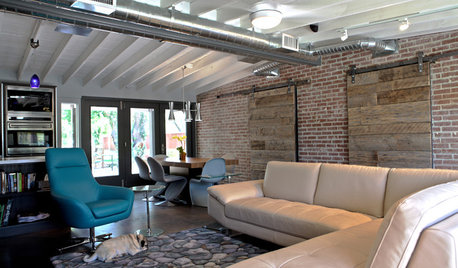
ARCHITECTUREHVAC Exposed! 20 Ideas for Daring Ductwork
Raise the roof with revealed ducts that let it all hang out — and open a world of new design possibilities
Full Story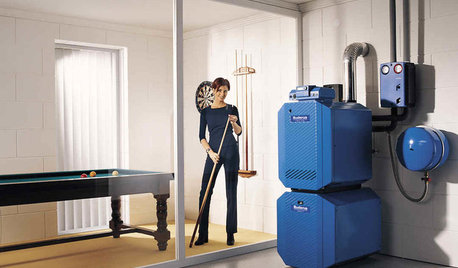
HOUSEKEEPING5 Steps to Improve Your Heating System Now
Increase your heater's efficiency and safety for lower energy bills and greater peace of mind this winter
Full Story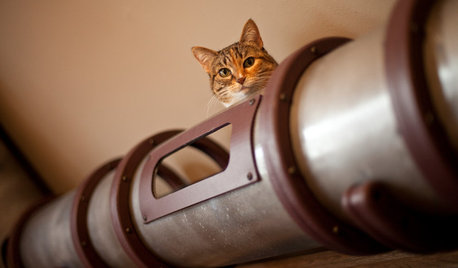
FUN HOUZZGeek Lab: How to Build a Steampunk Cat Transit System
Give your kitty another avenue for fun with a tubular walkway system that lets him go his own way
Full Story
GREAT HOME PROJECTSHow to Add a Radiant Heat System
Enjoy comfy, consistent temperatures and maybe even energy savings with hydronic heating and cooling
Full Story
HEALTHY HOMEHow to Choose a Home Water Filtering System
Learn which water purification method is best for your house, from pitchers to whole-house setups
Full Story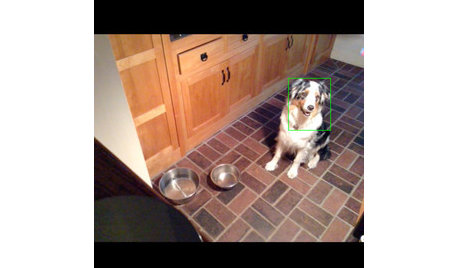
HOME TECHTurn Your Smart Phone Into a Home Security System
Monitor your home a less expensive way by putting your phone and some new gadgets to work
Full Story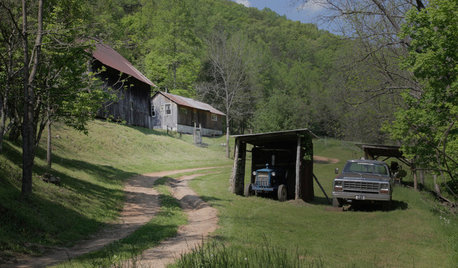
TASTEMAKERSNew Series to Give a Glimpse of Life ‘Unplugged’
See what happens when city dwellers relocate to off-the-grid homes in a new show premiering July 29. Tell us: Could you pack up urban life?
Full Story





deweymn